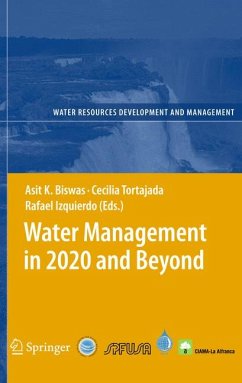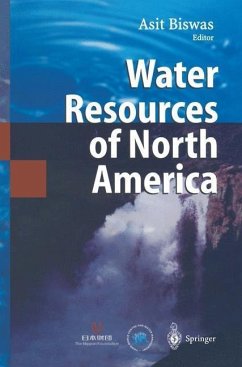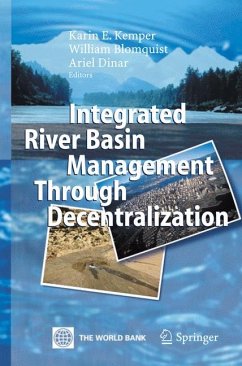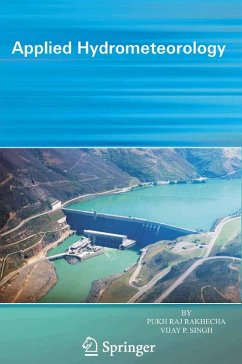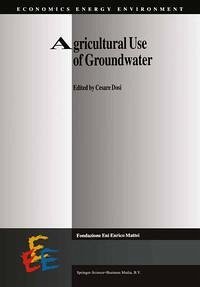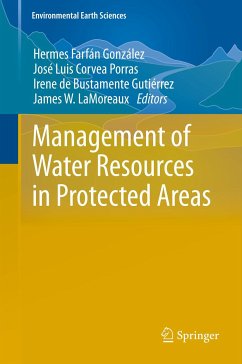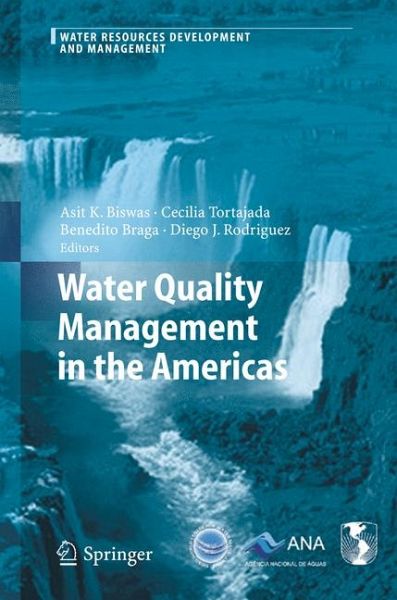
Water Quality Management in the Americas (eBook, PDF)
Versandkostenfrei!
Sofort per Download lieferbar
72,95 €
inkl. MwSt.
Weitere Ausgaben:

PAYBACK Punkte
36 °P sammeln!
Considerable attention has been given during the past few years to the water crisis that many regions of the world may face in the coming decades. While the mag- tude and the extent of the global water scarcity problems of the future should not be underestimated, a serious analysis of the current trends indicate that the main water crisis in the coming years is most likely to stem primarily from water quality deterioration and lack of investment funds, rather than from physical water scar- ties per se, as is widely expected at present. In spite of the seriousness of continuing water quality de...
Considerable attention has been given during the past few years to the water crisis that many regions of the world may face in the coming decades. While the mag- tude and the extent of the global water scarcity problems of the future should not be underestimated, a serious analysis of the current trends indicate that the main water crisis in the coming years is most likely to stem primarily from water quality deterioration and lack of investment funds, rather than from physical water scar- ties per se, as is widely expected at present. In spite of the seriousness of continuing water quality deterioration in most countries of the world, water quality management continues to be a somewhat - glected issue in the international water community. Even the magnitudes and - tents of the water quality problems are not reliably known in many developed countries and in nearly all developing ones. Accordingly, in order to assess the current situation in water quality management in the Americas, and to discuss the alternatives available to improve the existing and future water quality conditions in a cost-effective and timely manner, the Third World Centre for Water M- agement in Mexico, the National Water Agency in Brazil (Agência Nacional de Águas), and the Inter-American Development Bank organised a workshop on "Water Quality Management for the Americas," in Fortaleza, Brazil, 12-13 April 2004.
Dieser Download kann aus rechtlichen Gründen nur mit Rechnungsadresse in A, B, BG, CY, CZ, D, DK, EW, E, FIN, F, GR, HR, H, IRL, I, LT, L, LR, M, NL, PL, P, R, S, SLO, SK ausgeliefert werden.




